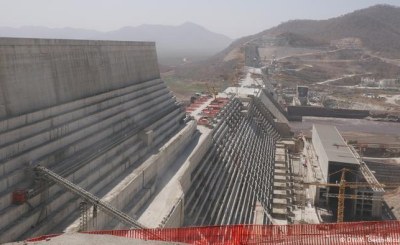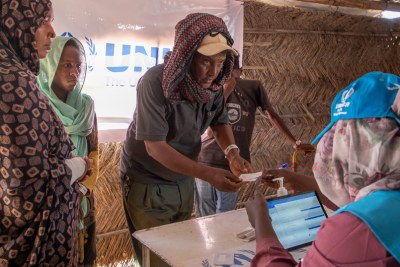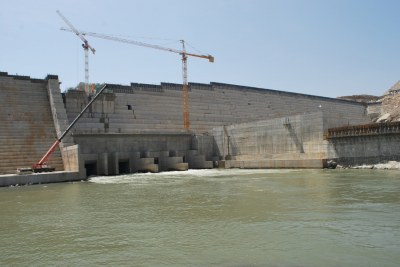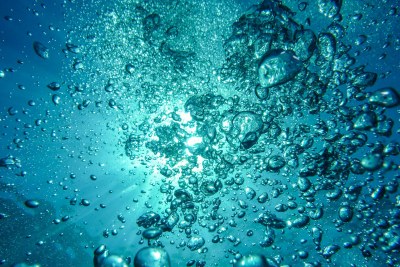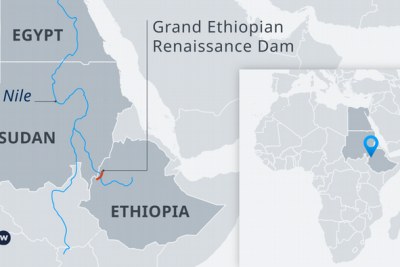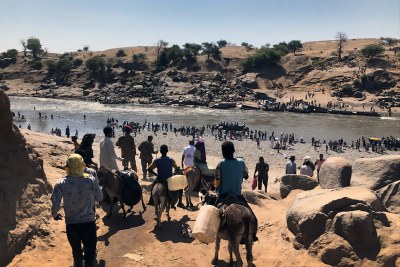-
East Africa: Egypt, Sudan Seek UN Help to Resolve Mega Dam Dispute With Ethiopia
VOA, 8 July 2021
The foreign ministers of Egypt and Sudan appealed to the U.N. Security Council on Thursday to intervene in their dispute with Ethiopia over the operation of a mega dam on the Nile… Read more »
-
East Africa: UN Ready to Promote 'Win-Win Solution' for Blue Nile Dam Project
UN News, 8 July 2021
The United Nations stands ready to support Egypt, Ethiopia and Sudan in efforts to resolve their decade-long disagreement over the Great Ethiopian Renaissance Dam (GERD), senior… Read more »
-
Africa: Tunisia Asks UNSC to Push for GERD Binding Agreement Within Six Months
Addis Standard, 8 July 2021
Ahead of the planned in-person meeting later today, Tunisia, the outgoing non-permanent member of the African Group at the United Nations Security Council (UNSC), has submitted a… Read more »
-
East Africa: Ethiopia Resumes Filling Nile Mega-Dam Reservoir, Angering Downstream Nations
RFI, 7 July 2021
Ethiopia has started the second phase of filling the reservoir of its mega-dam on the upper Blue Nile, Egypt and Sudan said, raising tensions Tuesday ahead of an upcoming UN… Read more »
-
Ethiopia: Ethiopia Tells UNSC It Rejects 'Unwelcome Meddling' By League of Arab States
Addis Standard, 6 July 2021
In a letter from Deputy Prime Minister and Minister of Foreign Affairs Demeke Mekonnen and sent to the United Nations Security Council, Ethiopia says it "rejects the unwelcome… Read more »
-
Egypt: FM Meets With Sudanese Counterpart On GERD
Egypt Online, 6 July 2021
Foreign Minister Sameh Shoukry had a meeting with his Sudanese counterpart Mariam al-Sadiq al-Mahdi in New York. Read more »
UN Tells East African Countries to Take Nile Dam Dispute to AU
The foreign ministers of Egypt and Sudan appealed to the United Nations Security Council to intervene in their dispute with Ethiopia over the operation of a mega dam on the Nile River, Voice of America (VOA) reports. Tensions have escalated since Addis Ababa said on July 5, 2021 that it had begun the second phase of filling the Grand Ethiopian Renaissance Dam (GERD). Downstream neighbours Egypt and Sudan object, insisting that a legally binding agreement that governs how the dam is filled and operated must first be in place.
Egypt and Sudan asked the council to adopt a resolution put forward by council member Tunisia, demanding that Ethiopia stop filling the dam and calling for the three countries to resume negotiations and reach an agreement within six months. Mariam al-Mahdi, Sudan's foreign minister, acknowledged after the meeting that the council appeared to have little appetite to adopt the resolution. Instead, council members urged the countries to find the political will and momentum to quickly resume substantive negotiations to resolve outstanding differences. U.S. envoy Linda Thomas-Greenfield said the African Union was the most appropriate body to address the dispute and that Washington would provide political and technical support.
VOA reports that the Nile flows northward, with one tributary (the White Nile) beginning in South Sudan and the other (the Blue Nile) in Ethiopia. The two merge in Sudan and continue flowing north to the Mediterranean Sea. Along the way, the river crosses through 11 countries, and populations have depended on its water for millennia. Ethiopia started building the GERD in 2011 on the Blue Nile as a major hydropower project. Construction is nearly complete, and Addis Ababa says the dam will help bring electricity to 65 million Ethiopians who do not have it. But Cairo and Khartoum insist the issue is an important national security matter.
InFocus
-
On May 4, 2021 Ethiopia issued a statement accusing Sudan of "increasingly bellicose propaganda" regarding their border and negotiations over the Grand Ethiopian Renaissance Dam ... Read more »
-
As tensions rise again over the filling of the Grand Ethiopian Renaissance Dam - which Egypt says threatens its water supply and thus its economy - the Peace and Security Council ... Read more »
-
Egypt's Foreign Minister Sameh Shoukry is carrying a message to South African President Cyril Ramaphosa, to gather support for efforts to prevent Ethiopia from going ahead with the ... Read more »
-
The latest round of talks between Egypt, Ethiopia and Sudan over the Grand Ethiopian Renaissance hydropower dam on the Nile River appears to have broken down as Addis Ababa ... Read more »
-
The Ethiopian government has reportedly agreed to an AU investigation into atrocities and possible war crimes commited during the ongoing conflict in it's Tigray region that has ... Read more »

The Nile River has delivered fresh water, fed agriculture, and supported livelihoods in Egypt, Ethiopia and Sudan for thousands of years.

